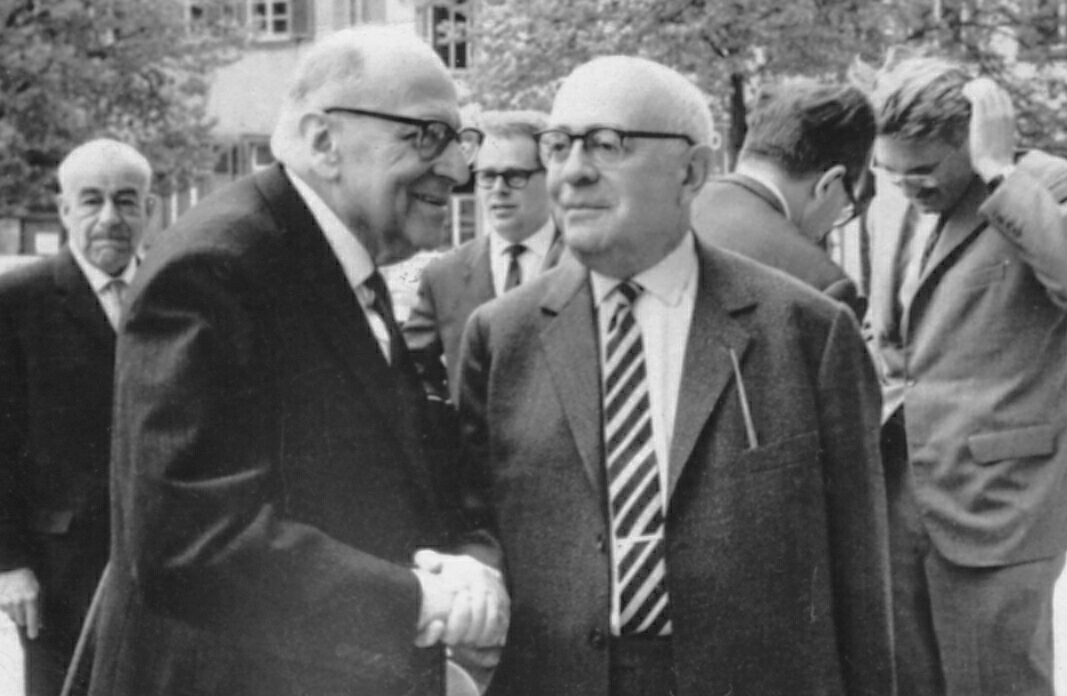Zdroj: "The End of Reason" (1941), p. 41-42.
Max Horkheimer: Citáty v angličtine
describing the pragmatist view, p. 49.
Eclipse of Reason (1947)
Zdroj: "The Latest Attack on Metaphysics" (1937), p. 144.
Zdroj: "The Latest Attack on Metaphysics" (1937), p. 145.
describing the pragmatist view, p. 42.
Eclipse of Reason (1947)
Zdroj: "The Latest Attack on Metaphysics" (1937), p. 148.
Zdroj: "The Latest Attack on Metaphysics" (1937), p. 133.
describing the pragmatist view, p. 51.
Eclipse of Reason (1947)
describing the pragmatist view, pp. 46-47.
Eclipse of Reason (1947)
"Thoughts on Religion," Critical Theory: Selected Essays (1995), p. 129.
Zdroj: "The Latest Attack on Metaphysics" (1937), p. 133.
Zdroj: "The End of Reason" (1941), p. 29.
Zdroj: "The Latest Attack on Metaphysics" (1937), p. 146.
Zdroj: "The Latest Attack on Metaphysics" (1937), p. 150.
